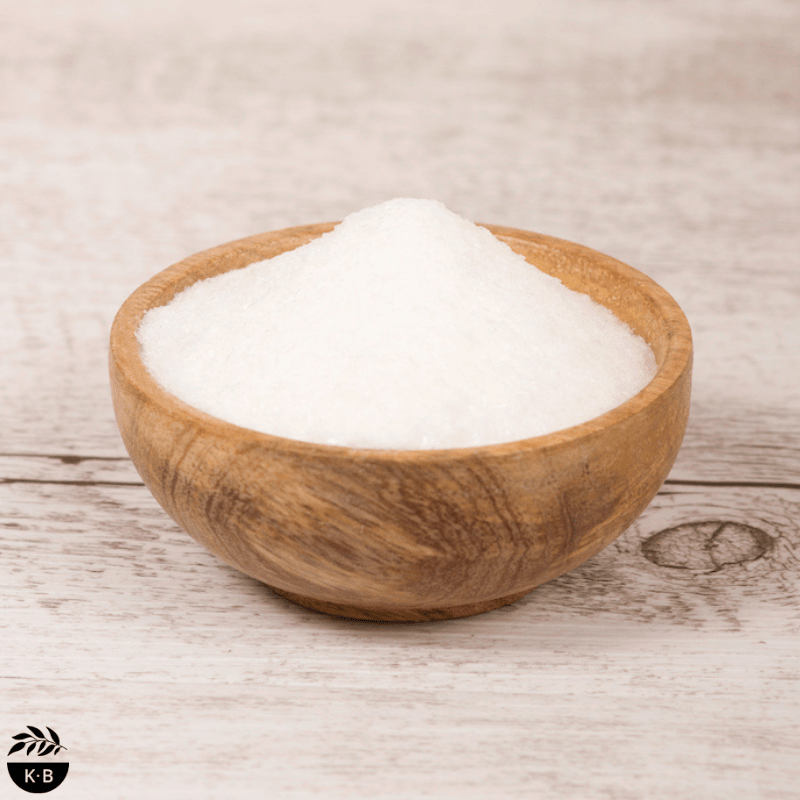 Navigating through the sea of conflicting information can be quite daunting. I’m frequently asked whether Borax is safe. Let’s delve into this ingredient a bit further. It’s essential to make informed choices about the products we use in our homes. Borax, a naturally occurring mineral, is often used as a cleaning agent. However, it’s important to understand its potential risks and benefits, ensuring that you can confidently decide whether it aligns with your preferences for a safe and healthy living environment.
Navigating through the sea of conflicting information can be quite daunting. I’m frequently asked whether Borax is safe. Let’s delve into this ingredient a bit further. It’s essential to make informed choices about the products we use in our homes. Borax, a naturally occurring mineral, is often used as a cleaning agent. However, it’s important to understand its potential risks and benefits, ensuring that you can confidently decide whether it aligns with your preferences for a safe and healthy living environment.
What is Borax?
Borax (also known as sodium borate, sodium tetraborate, or disodium tetraborate) is popular among DIY-ers. It is a white, powder-like mineral.
Benefits of Borax
It is often used in DIY washing powder to soften water and help remove stains. Borax can help control ant problems (by mixing with sugar and sprinkling over tracks), and like citric acid, it is great at combating mould, especially when mixed into a paste with water and clove essential oil, and smeared over affected areas. It is even prescribed to some people, as a bath soak, to alleviate psoriasis, athlete’s foot and arthritis pain (there are some convincing testimonials floating around the net).
Research Results
There is research out there linking high exposure to borax and boric acid with infertility, decreased sperm count, and endocrine disruption in animals. I refer to, and advocate for, the Environmental Working Group and they don’t rate borax very well. Because this research mostly links borax and boric acid (and they’re different), it’s difficult to draw a proper conclusion. When borax itself was found to cause issues, it seems that high doses were administered intravenously to animals.
Like many of the ingredients used in natural DIY recipes, borax may cause eye and mild skin irritation if not handled properly.
All chemicals, and natural ingredients alike, can be made toxic, depending on the levels of exposure. Just because an ingredient is natural, it doesn’t automatically mean it is safe. Salt, cinnamon and even water can affect humans at high enough doses.
Given the information I’ve mentioned above, you will need to draw your own conclusions. Something to bear in mind though, is that too many people are still resorting to toxic sprays, pastes and powders. Using an ingredient like borax in a washing powder or mould paste is a much better and less toxic option in my opinion.
Good News
The good news is, if you decide to avoid borax, it can be left out of the Washing Powder and Dishwasher Tablets – no need to replace it with anything. In fact, the dishwasher tablets set better without borax!
Based on my research and in my opinion, I believe borax is safe when used in wash-off type DIY recipes like washing powder and mould paste. Just don’t sprinkle it on your pancakes or use it as an ingredient in your face-mask or skin cream! Exercise common sense.
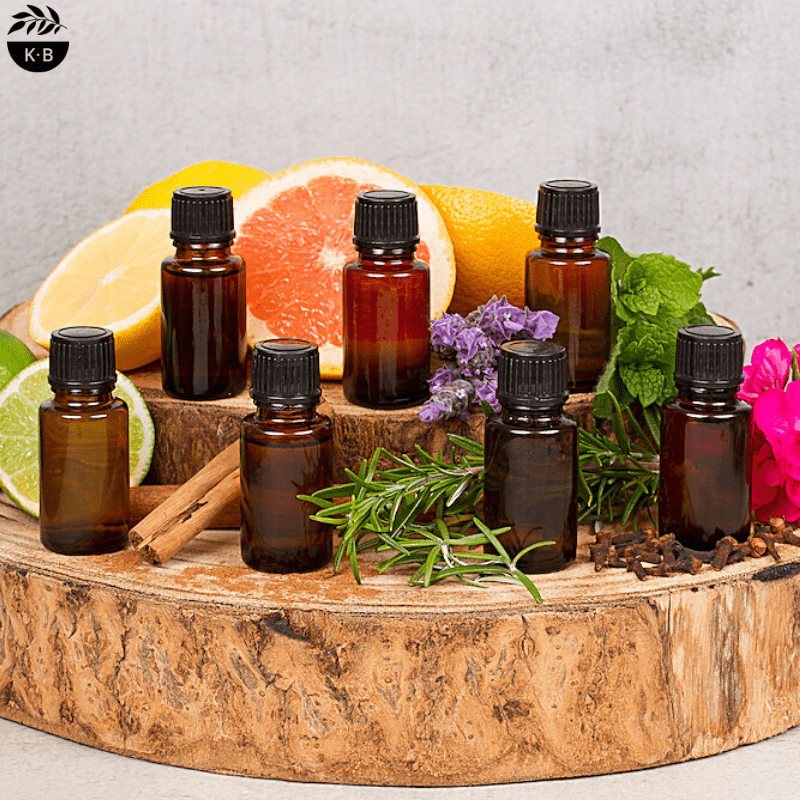
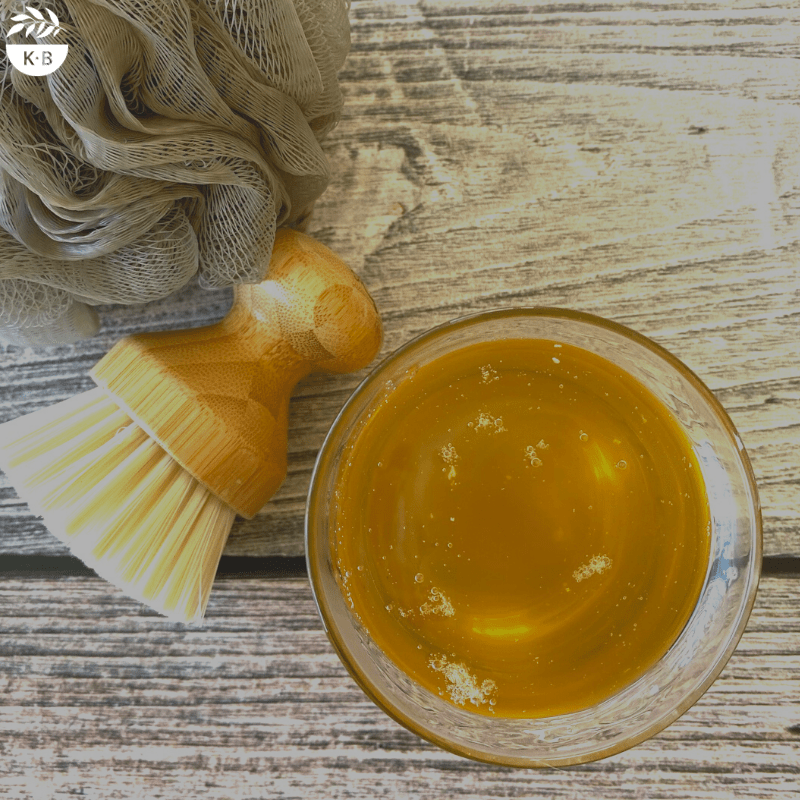
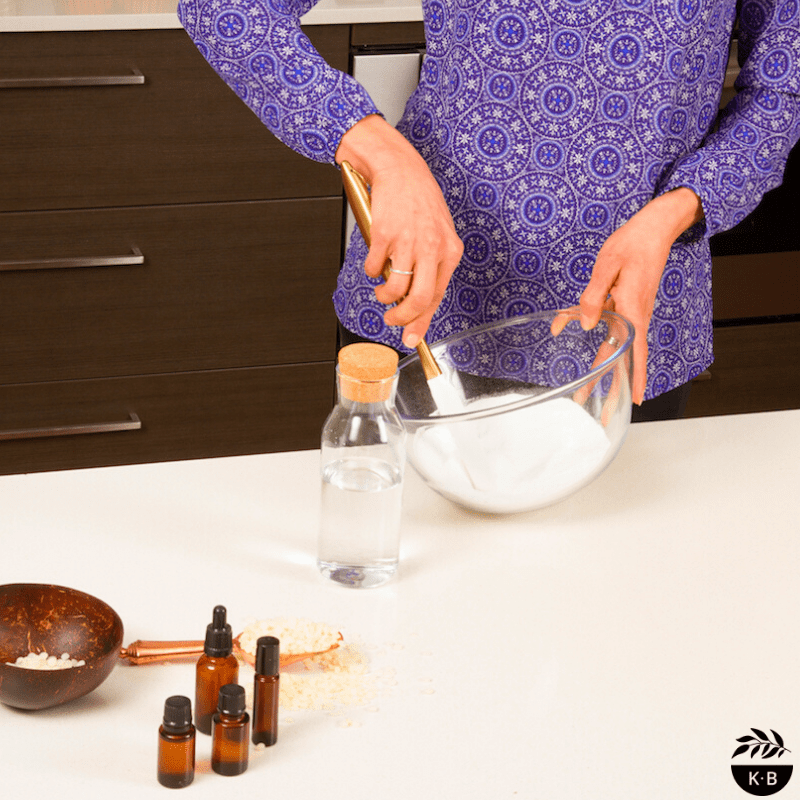

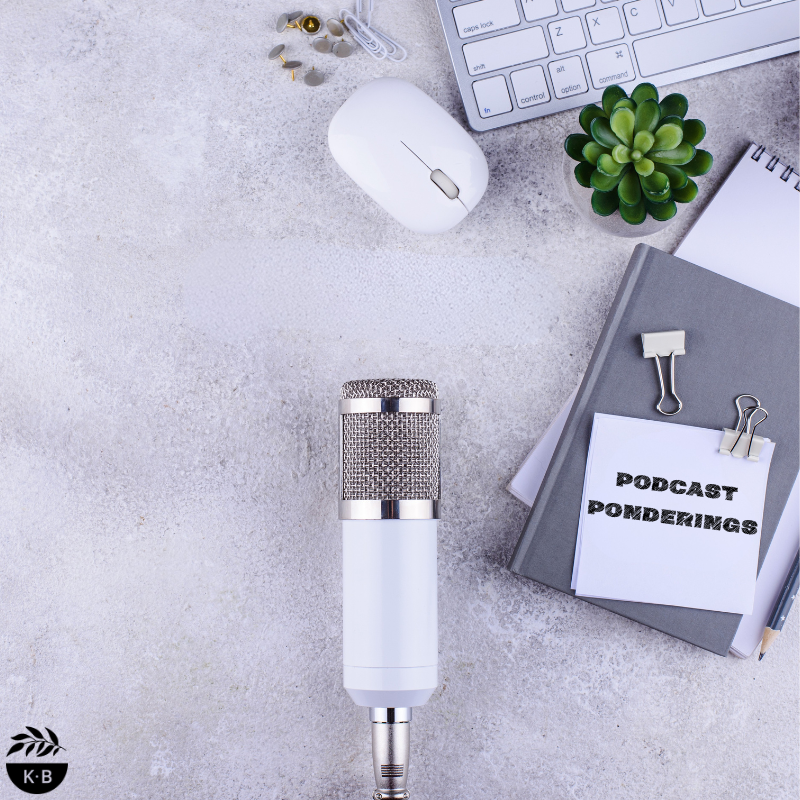
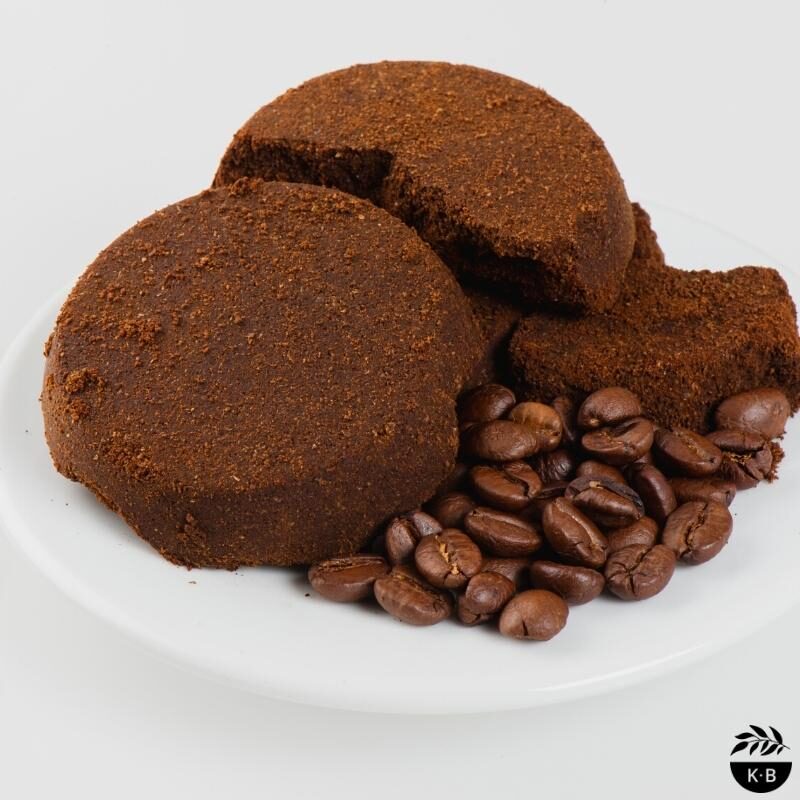

2 Comments
Is it possible to make homemade borax?
I’ve never tried, and to be honest, I think you’d be working directly with boric acid so I’d stick with the naturally mined stuff.